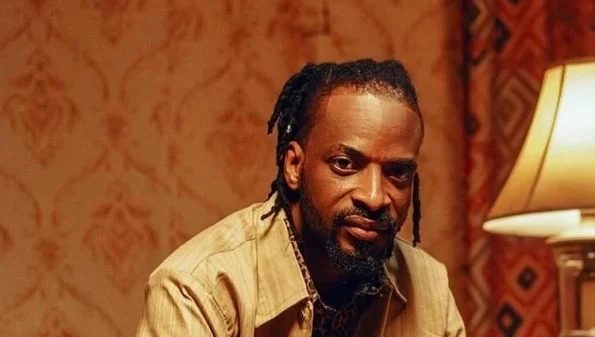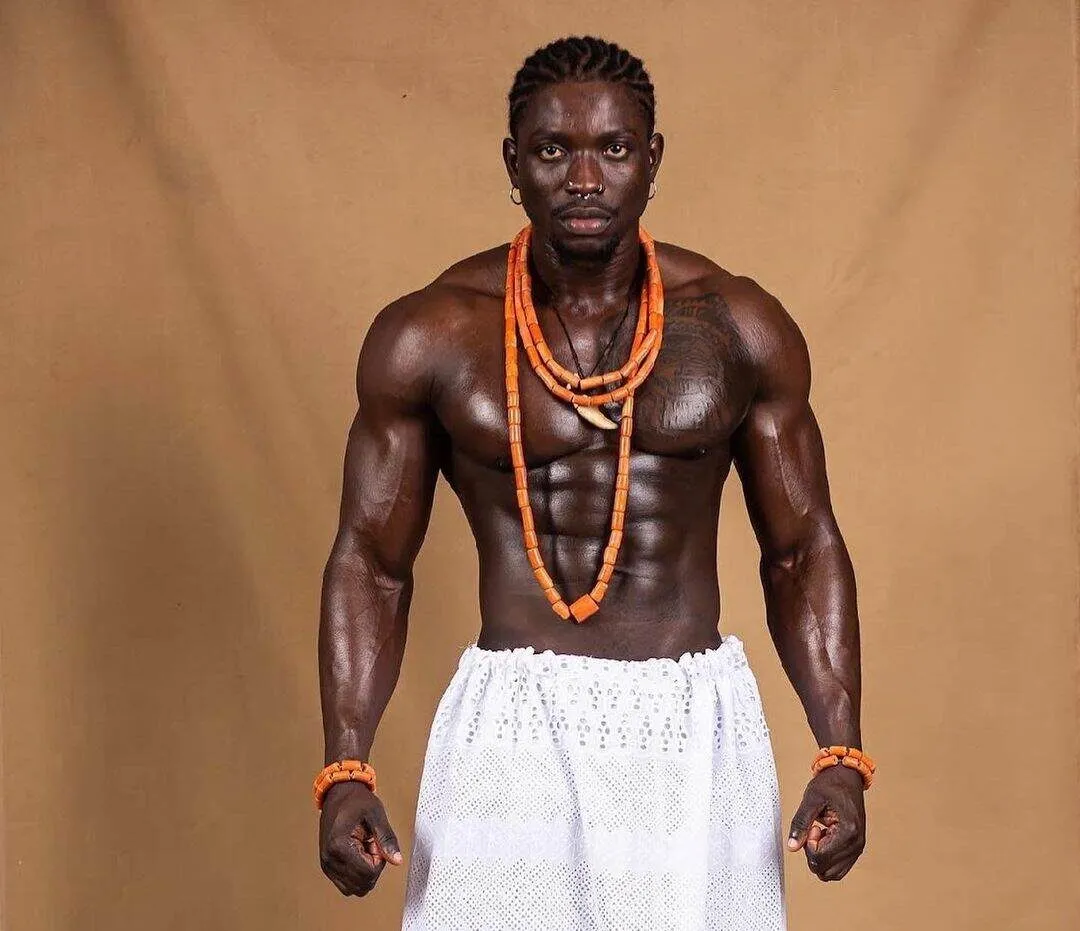Bail Granted to Controversial Social Media Critic Martin Otse
In a notable turn of events, the Federal High Court in Abuja has granted bail to Martin Otse, widely known on social media as VeryDarkMan. This comes after a three-week stint in detention over allegations of cyberbullying.
Details of the Case and Charges
Otse faced several charges stemming from his activities on Instagram. According to the Nigerian police, Otse’s posts were deemed offensive, with content labeled as grossly obscene, pornographic, or menacing. Notably, the charges included:
- Posting videos considered offensive and indecent.
- Alleging that Iyabo Ojo engaged in an inappropriate sexual relationship with her daughter.
- Accusing Tonto Dikeh of being the mastermind behind the notorious gossip blog, Gistlover.
The Legal Battle
Despite these severe allegations, Otse has vehemently denied all charges. His legal team worked diligently to secure his release from police custody, rather than being remanded in prison as the prosecution had requested. Their efforts paid off when the court approved their plea, leading to Otse’s transfer to the National Cybercrime Centre.
Background and Arrest
VeryDarkMan’s legal troubles began with his arrest on March 22, following complaints lodged by Tonto Dikeh, Iyabo Ojo, and Samklef. Although he was initially released on March 31, further legal proceedings saw him back in custody until his recent bail.
The Impact of Social Media Allegations
The case of VeryDarkMan highlights the significant impact and reach of social media, where allegations can quickly escalate to legal battles. Otse’s situation serves as a crucial reminder of the importance of responsible online behavior and the potential legal repercussions of cyber activities.
While Otse’s release on bail marks a significant development, the specifics of his bail conditions remain undisclosed. As the legal proceedings continue, all eyes will be on how the case unfolds and what it means for social media conduct in Nigeria.
Understanding Cyberbullying and Legal Implications
What is Cyberbullying?
Cyberbullying involves the use of digital platforms to harass, threaten, or intimidate individuals. It can take various forms, including:
- Posting harmful or threatening messages.
- Sharing private or sensitive information without consent.
- Spreading false information or rumors.
Legal Ramifications
In Nigeria, cyberbullying is a serious offense under the Cybercrimes Act. Those found guilty can face significant legal consequences, including fines and imprisonment. The law aims to curb online harassment and protect individuals from digital abuse.





























